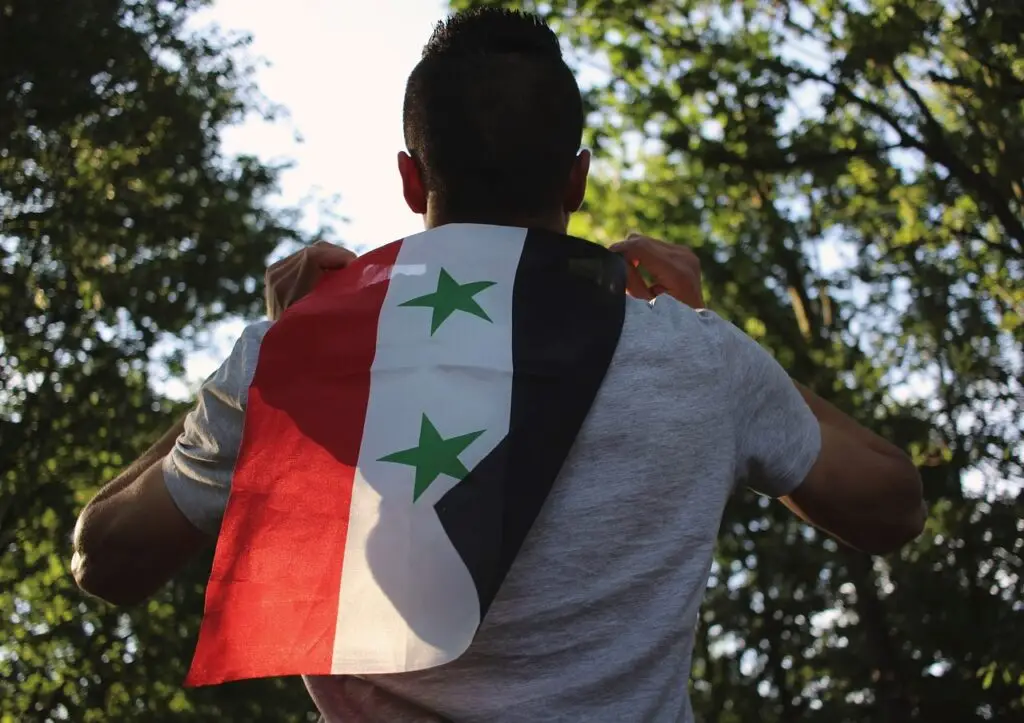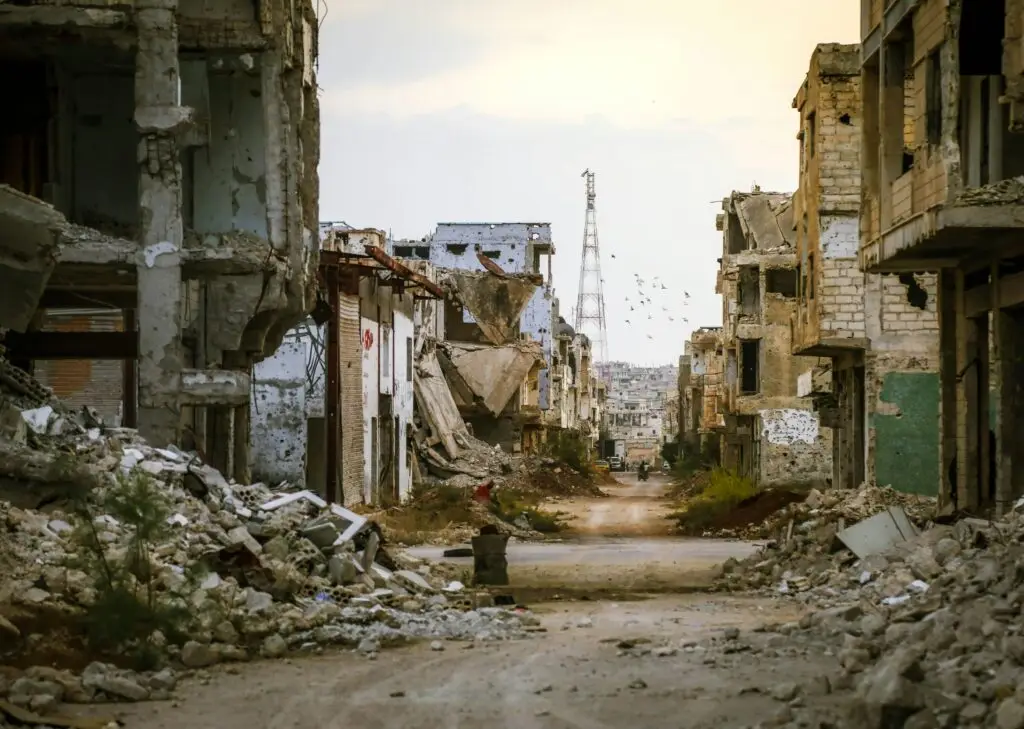Saudi Arabia Awarded the 2034 FIFA World Cup: A Decision Under Global Scrutiny

Saudi Arabia’s selection to host the 2034 FIFA World Cup ignites fierce debate. While FIFA lauds the choice as a unifying move, concerns about human rights, Jamal Khashoggi’s murder, and systemic issues like women’s limited freedoms overshadow the decision. Critics argue the bid process lacked transparency, resembling past controversies such as Qatar 2022. FIFA’s credibility now hangs in the balance, as the tournament could symbolize progress or reinforce perceptions of ethical compromise in global sports.
Syria at a Crossroads: The Faces and Forces Shaping Its Uncertain Future

Syria stands at a critical juncture. With figures like Abu Mohammad al-Julani of Hayat Tahrir al-Sham (HTS) and interim president Mohammed al-Bashir at the forefront, the country’s future remains uncertain. Julani’s past as an al-Qaeda affiliate contrasts sharply with his current attempts to position HTS as a legitimate force, while Bashir’s rise as a compromise candidate raises questions about his ability to unite the nation. The parallels with Libya’s ongoing instability offer a sobering reminder of the dangers of fragmentation, as regional and global powers vie for influence. Can Syria overcome its divisions, or will it spiral further into chaos?
The Fall of the Assad Regime: What’s Next for Syria?

The fall of the Assad regime and the rise of the Hayat Tahrir al-Sham (HTS) militia mark a turning point in Syria’s history. But what does this mean for the country’s future? HTS, once aligned with Al-Qaeda, now claims to have adopted more moderate goals, though skepticism persists. The political and social challenges are immense: Kurdish territories, ethnic minorities, women’s rights, and the risk of renewed conflicts raise pressing questions. Will Syria become a new Afghanistan, a fragmented nation, or a unified, free country? Europe, Turkey, and the broader Middle East will be closely watching, as the repercussions could be profound.